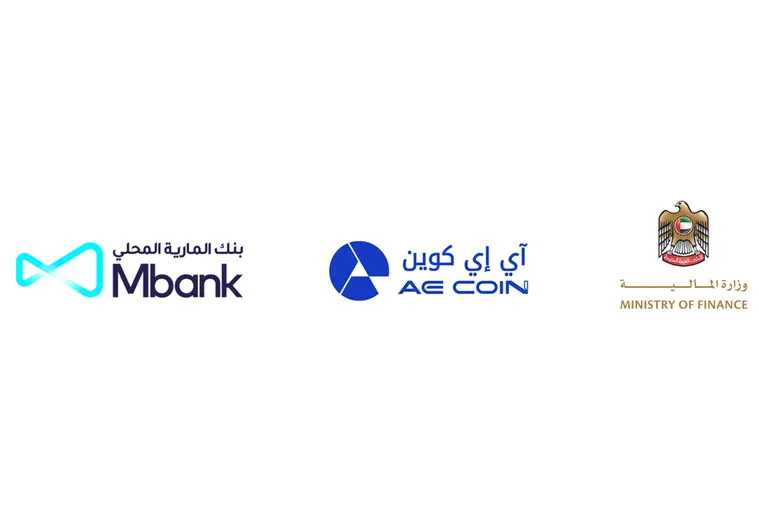Spotify has announced a series of significant updates to its artificial intelligence policy, aiming to bring greater transparency to AI-generated music, cut down on platform spam, and clarify its ban on unauthorized voice clones. The move comes as the music industry grapples with a rapid increase in content created using AI tools.
A New Standard For AI Transparency
To provide more clarity for listeners, Spotify will adopt an emerging industry standard known as DDEX for identifying and labeling AI music directly within the track credits. This system allows labels and distributors to submit detailed disclosures about how AI was used in the creative process, such as for vocals, instrumentation, or post-production. “This industry standard will allow for more accurate, nuanced disclosures,” said Sam Duboff, Spotify’s Global Head of Marketing and Policy. “It won’t force tracks into a false binary where a song either has to be categorically AI or not AI at all.” The company noted that 15 labels and distributors have already committed to adopting the DDEX standard.
Cracking Down On Spam And Fraud
Recognizing that AI tools can be exploited by bad actors, Spotify will roll out a new music spam filter this fall. This system is designed to detect and address tactics like mass content uploads, song duplicates, and the use of SEO tricks to manipulate search and recommendation algorithms. In addition to the filter, the company has explicitly stated that unauthorized AI voice clones, deepfakes, and any form of vocal impersonation are not permitted and will be removed. While cracking down on malicious use, Spotify emphasized its support for legitimate artistic experimentation. “We’re not here to punish artists for using AI authentically and responsibly,” noted Charlie Hellman, Spotify’s VP and Global Head of Music. “But we are here to stop the bad actors who are gaming the system.”
Implications For The MENA Music And Tech Scene
Spotify’s policy changes are highly relevant to the Middle East and North Africa, a region with a vibrant and rapidly evolving music industry. As local artists and producers in MENA begin to experiment with AI tools in their creative workflows, these new standards for labeling and authenticity will provide a crucial framework. Furthermore, the policies set by a global leader like Spotify often influence the entire streaming ecosystem. Regional platforms, such as Anghami, will likely face similar challenges with AI-generated content and may look to adopt comparable standards to ensure transparency and protect against fraud, shaping the future of music technology across the region.
About Spotify
Spotify is one of the world’s most popular audio streaming subscription services, providing access to millions of songs and podcasts. Its platform revolutionized music listening when it launched in 2008 and continues to connect artists with fans globally.
Source: TechCrunch














